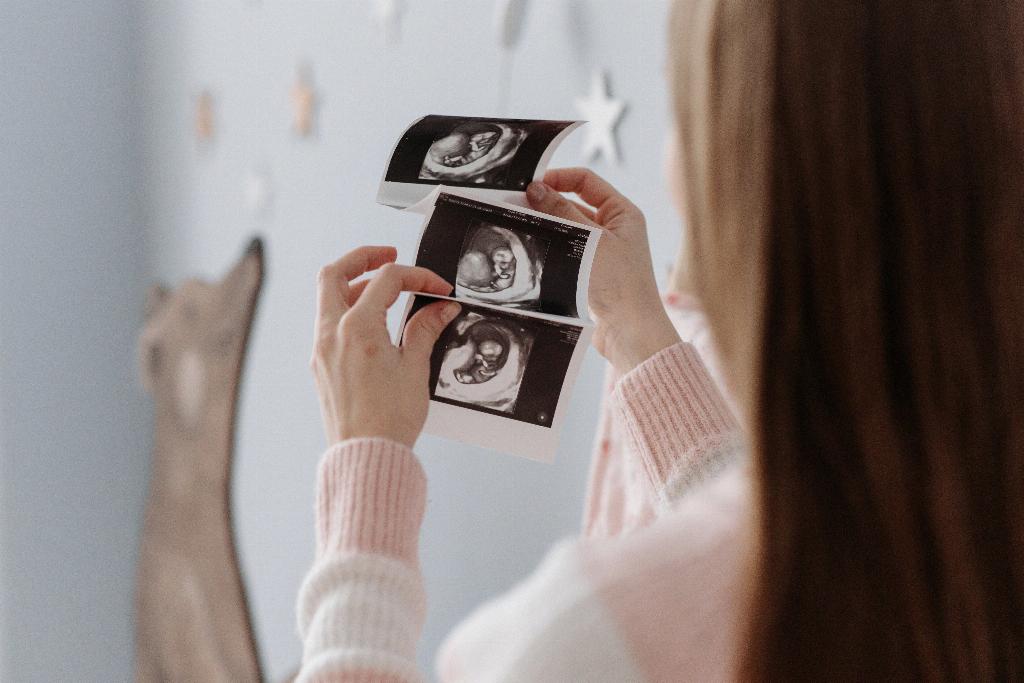When it comes to pregnancy, there are many factors that expectant mothers need to consider to ensure the health and well-being of both themselves and their unborn child. One such consideration is the consumption of licorice root, a popular ingredient known for its unique flavor and potential health benefits. However, recent studies have shed light on the potential risks associated with consuming large amounts of licorice root during pregnancy.
The Dangers of Glycyrrhizin in Licorice Root
Glycyrrhizin is a compound found in licorice root that is believed to be responsible for its potential adverse effects when consumed in large quantities. Research has shown that ingesting excessive amounts of glycyrrhizin, typically around 500 mg per week, can have negative implications for pregnant women and their developing babies.
Identifying Unsafe Levels of Licorice Root Consumption
Studies have indicated that regularly consuming approximately 250 grams of licorice root per week, which is roughly equivalent to a cup of the herb, can elevate glycyrrhizin levels to a point where it may pose a risk to pregnancy. It is crucial for expectant mothers to be mindful of their licorice intake to avoid surpassing this potentially unsafe threshold.
Potential Risks to Pregnancy
Exceeding the recommended limits of licorice root consumption during pregnancy can lead to various health concerns. These may include an increased likelihood of preterm labor, elevated blood pressure, and even potential developmental issues for the fetus. As such, it is vital for pregnant individuals to exercise caution when incorporating licorice root into their diet.
Effects on Maternal Health
Aside from its impact on fetal development, excessive licorice root consumption can also have adverse effects on maternal health. Expectant mothers who ingest high amounts of glycyrrhizin may experience potassium imbalances, fluid retention, and other complications that can jeopardize their well-being during pregnancy.
Considerations for Expectant Mothers
For pregnant individuals who enjoy licorice root and its products, it is essential to monitor their intake and ensure that they do not exceed the recommended weekly limit. Consulting with a healthcare provider can provide personalized guidance on licorice consumption during pregnancy and help mitigate any potential risks associated with its use.
Choosing Alternatives
If licorice root poses a concern during pregnancy, there are various alternative herbs and natural remedies that can offer similar benefits without the associated risks. Exploring alternative options under the guidance of a healthcare professional can help expectant mothers maintain their well-being while avoiding potential complications.
Importance of Moderation
Like many things in life, moderation is key when it comes to consuming licorice root during pregnancy. By being mindful of portion sizes and frequency of intake, pregnant individuals can continue to enjoy the flavor and potential benefits of licorice root while safeguarding their health and the health of their baby.
Consultation with Healthcare Providers
Before making any significant dietary changes or incorporating new ingredients into their routine, pregnant women should always consult with their healthcare providers. Seeking professional advice can ensure that any potential risks associated with licorice root consumption are addressed and managed effectively throughout the pregnancy journey.
Monitoring Health and Well-Being
Regular monitoring of maternal and fetal health indicators is crucial during pregnancy, especially when dietary choices such as licorice root consumption are involved. By staying proactive and informed about their well-being, expectant mothers can take the necessary steps to mitigate risks and promote a healthy pregnancy.
Final Thoughts on Licorice Root and Pregnancy
While licorice root can offer distinctive flavors and potential health benefits, its consumption during pregnancy requires careful consideration and moderation. By understanding the risks associated with glycyrrhizin and heeding the recommended limits, expectant mothers can navigate their dietary choices thoughtfully and prioritize the health and safety of themselves and their developing baby.

